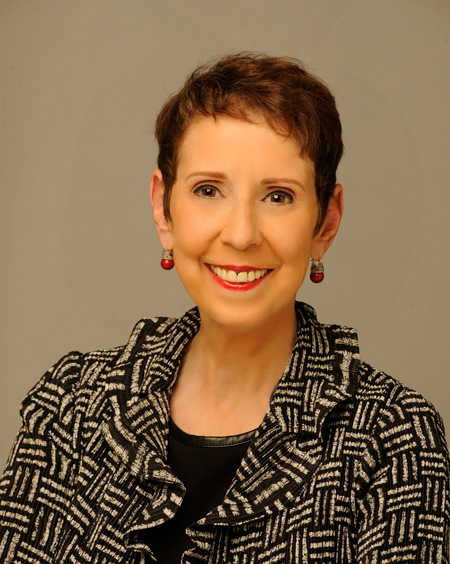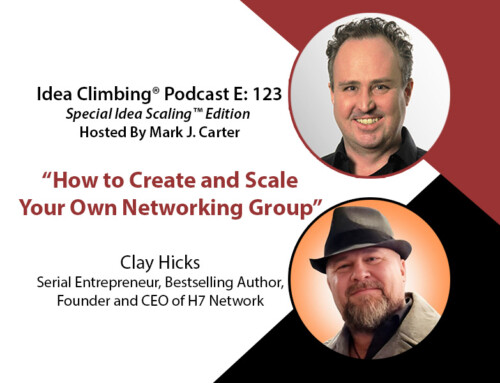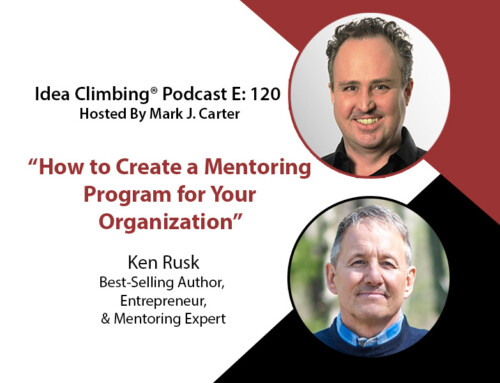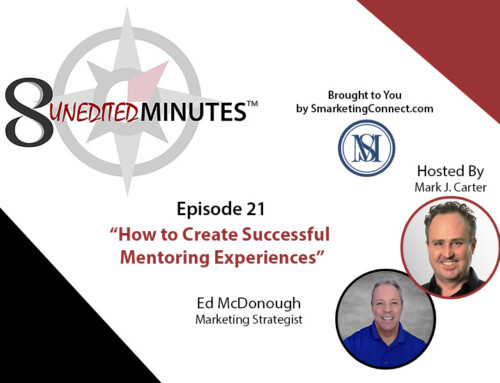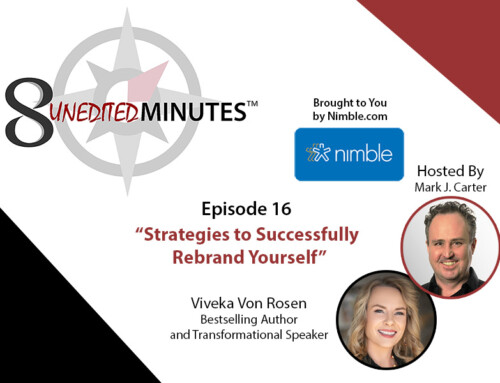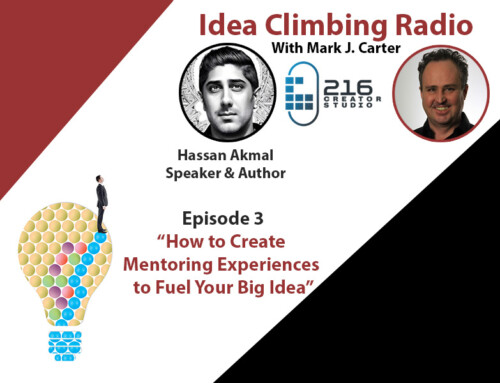On my journey of demystifying mentoring I was recently introduced to Gail Zelitzky; an entrepreneur and business advisor. Her passion for mentoring recently led her to becoming immediate Past President of the Chicago Chapter of NAWBO Interanational (National Association of Women Business Owners).
Because of her experience I had to talk with her about mentoring. The first thing I asked about was why mentoring is so misunderstood and what actually makes a great mentoring relationship? She immediately gave me the golden nuggets below:
4 DYNAMICS OF SUCCESSFUL MENTORING RELATIONSHIPS
- Willingness to help others grow
- Stretch yourself
- See things from a different point of view
- Allowing yourself to be a sounding board
Gail joined NAWBO because she wanted to give back; that’s an important sentence because that’s what she lead with. She didn’t start with “I wanted more clients”. She didn’t say “I wanted more referrals”. She didn’t say “I wanted more of a social life””.
She wanted to give back. That’s where mentoring starts; with a willingness to help others grow. So how can you start helping others grow?
STRETCHING YOURSELF (AND THEN HELP OTHERS DO THE SAME)
If you want to be a mentor you have to push people’s boundaries. If you want to be mentored you need to move outside of your comfort zone. HOW does this happen? Gail says as a mentor you have to be direct and honest and as a mentee you have to be ready for the honest feedback. A great mentor will open your eyes to what you’re missing. They’ll ask you questions such as:
- Have you tried this angle?
- Have you thought about it from this point of view?
- What haven’t you tried yet?
Mentoring needs to open new doors for the mentee; this doesn’t happen if the mentor lets them do what they’ve always done.
Mentors should be great at helping you to get started by…
TAKING OFF THE BLINDERS
This comment from Gail really hit home: “Successful people (for example, entrepreneurs) tend to be very driven and passionate; they often end up wearing blinders when it comes to their goals and careers. They need someone to help them take off the blinders so they can see what they’re missing.”
Mentoring relationships can provide exactly that opportunity. Mentoring conversations such as these can help:
- Offer them new options
- Help them see alternatives
- Tell them what some alternatives are (that they don’t think about)
- At least TRY looking at the situation this way. Now what do you think about it?
Active listening requires hearing what the mentor is saying, internalizing it and then finding specific ways to apply that advice to your life.
Gail didn’t realize the whole perspective thing until she started teaching people about coaching and mentorship. Once she was on the other side of the fence she could see the blinders on other people and realized how she also once had blinders on. Her blinder came off when she started trusting people enough to share her stories.
TRUST TITLE or SPEAKING OF EXPERIENCE…
For the examples and tips above to work successfully in a mentoring relationship you need to create and nurture two things.
- Trust in you so they will share what’s really going on in their lives and what they need help with (good, bad and otherwise) and
- The feeling and belief that you have something to offer them that can help them solve their problems and grow.
When those two things are in place and if you’re skilled enough to guide your conversations then you’ll be able to accomplish something. This happens faster when they seek you out in the first place; the mentee is in need (some kind of professional pain) and they’re actively asking for help. This is another key point for you:
Trust and bonding happen quicker when you seek out a mentor in the first place
to help you solve a problem or grow as a person.
And that can be the first step in your mentoring journey. Seek out advice. Today.
Who will YOU reach out to today?
